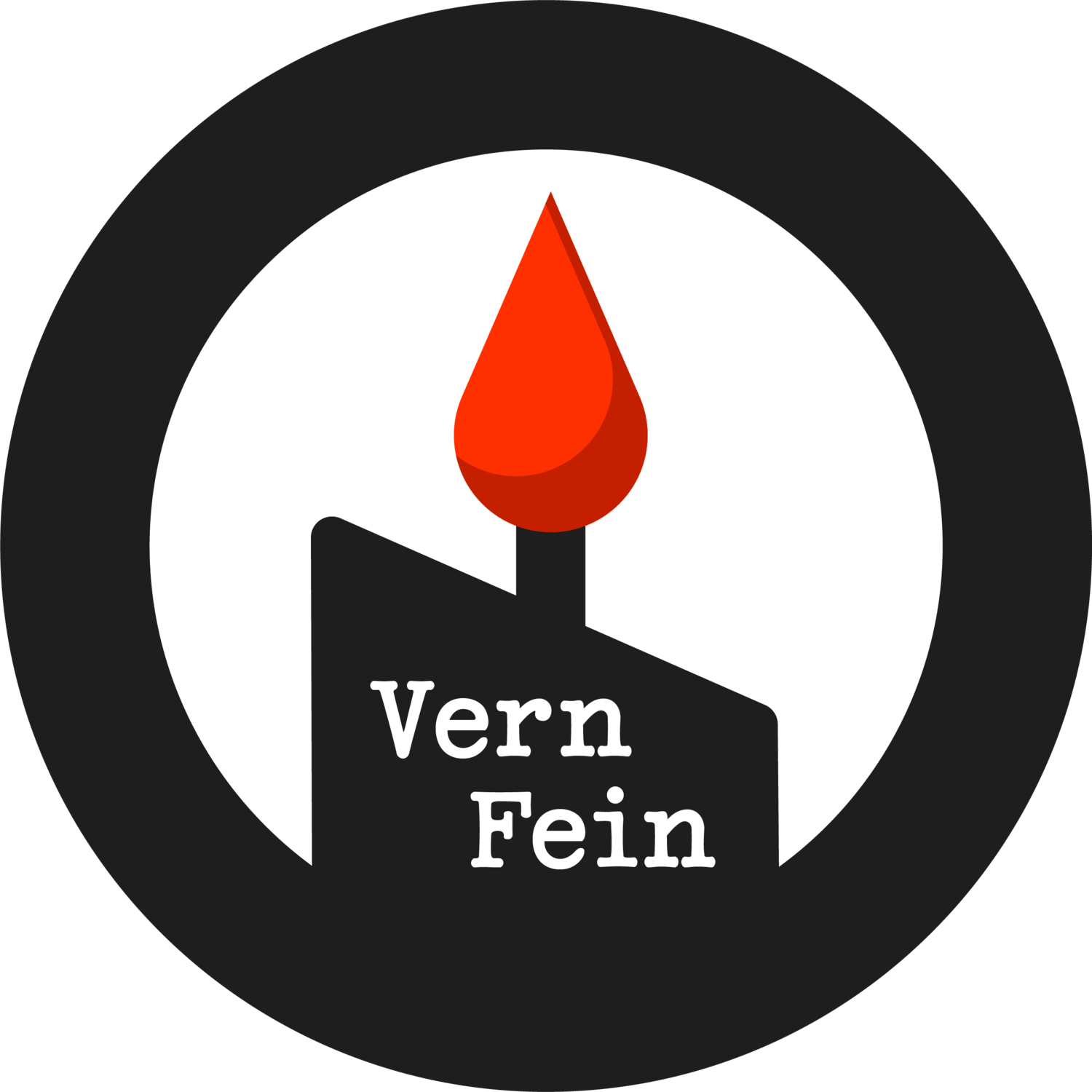Beautiful, lively Cousin Phee,
could have been cast
as Daisy in Gatsby,
introduced me to women’s lib
when I was a late teen
through the life you lived.
Married to a successful lawyer,
praised him so much
to us cousins, bathed in
your smile and spunk,
I definitely had a crush on you.
The marriage crashed,
lawyer Bill Freeman made his case
for Miss North Carolina,
on the outside a version of you,
but on the inside these scalawags
split your heart in two
pushed you into
penning your woes
which is how I got libbed.
Grieved when you sent me
your memoir about the divorce,
loved your decision to fight for betrayed women.
Heart-broken when you died of breast cancer,
a flower plucked too soon.
Read your book avidly and wept,
gratified to find you changed
your name from Freeman,
to Phyllis Freewoman,
your heart stab.
Originally published in Spindrift Magazine
